I’ve been sticking up for housing for 20 years – but you’ll never convince me that shared ownership works
By Hannah Fearn, freelance journalist specialising in social affairs
This year marks 20 years since I started my journalism career. My first job, at Inside Housing, was a fortuitous accident. I’d applied for another role at the same publisher but my CV was scooped up by a news editor who called me in to interview for their trainee reporter vacancy. On that day I couldn’t possibly have guessed then that two decades later I’d still be covering the same issues – even less still that those issues would be more pressing than ever.
I like to think over all these years I’ve been a mildly critical but very good friend to the social housing sector. I may have raised an eyebrow at very high chief executive salaries but I’ve also made the case for housing each time it was overlooked and misunderstood by multiple governments. Yet there’s one issue on which we’ve rarely seen eye to eye, and that’s shared ownership.
In my view, shared ownership is the next housing crisis coming down the track – not only an economic disaster with real human cost, but also a massive PR grenade from which the pin has just been pulled.
The debate over leasehold reform has gained real momentum in the last few months, and Labour has committed to converting leasehold ownership into a form of commonhold. The anti-leasehold lobby is well mobilised on social media and there’s now real political capital in making that change happen. Because of the interest in leasehold relationships, and the public investigation into the Grenfell cladding crisis, the problems faced by shared owners have also been exposed to the sunlight.
And those problems are coming thick and fast: rapid service charge rises, high mortgage interest rates and rent rises for the portion of the property that shared owners don’t own. Meanwhile, real terms wages have either stagnated or shrunk. And remember, the original arrangement is designed so that buyers are required – that’s forced, not encouraged – to buy in at the highest property share that their finances allow: at the moment a shared owner completes on their purchase, they are already maxed out. In the current economic climate, that’s devastating for household budgets.
“It was designed as a foot on the ladder but for many tenant owners, shared ownership proved more expensive and less beneficial than continuing to rent, even privately”
Shared ownership was, and still is, sold as a step onto the housing ladder for those that have no other options. But house price rises have been a double-edged sword for the product. I’ve spoken to shared owners in high cost areas, such as Brighton, where a combination of house price increases, stagnant wages and mortgage rises mean they’re now trapped in a property they cannot afford to stay in. They can’t sell it – the buy-in price is now far too high for most potential buyers to pass stringent affordability tests, and some mortgage lenders are pulling away from them altogether – but they can’t afford to keep paying the costs of ownership either.
It was designed as a foot on the ladder but for many tenant owners, shared ownership proved more expensive and less beneficial than continuing to rent, even privately. The model is impoverishing people. Yet even within the last week, I have received a press release from a very large housing association that will remain nameless touting the product as the answer to the housing crisis for women. What a terrible falsehood that is.
Of course shared ownership has played a huge role underpinning development plans and cross-subsidising deeply under-funded social rent. I understand how this crisis has arisen. But committing to the future of such a broken offer raises a lot of questions about the ethos of the sector, and at a time when further scrutiny may be unwelcome.




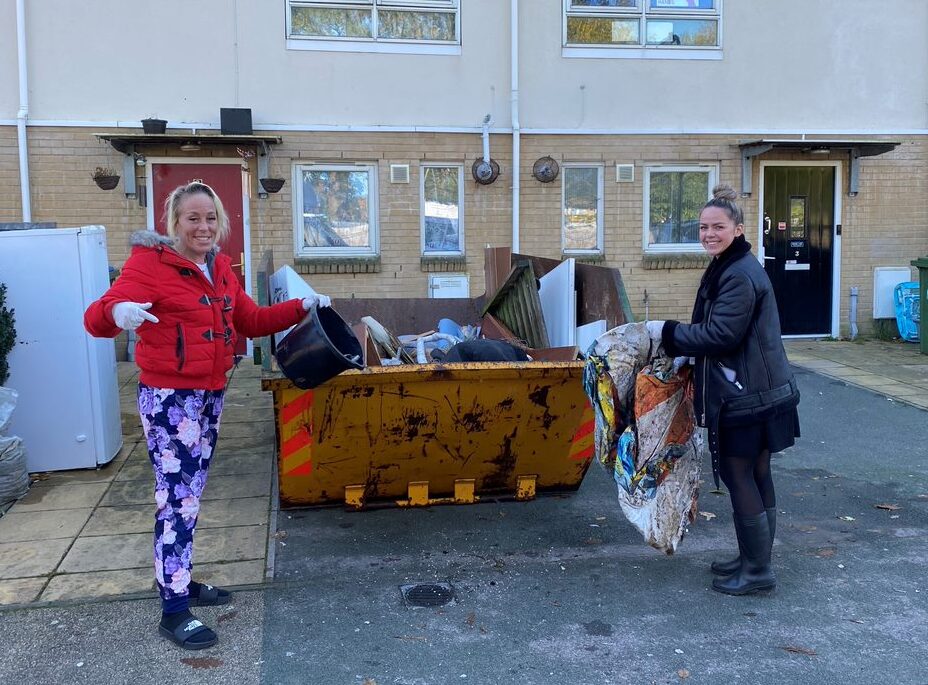
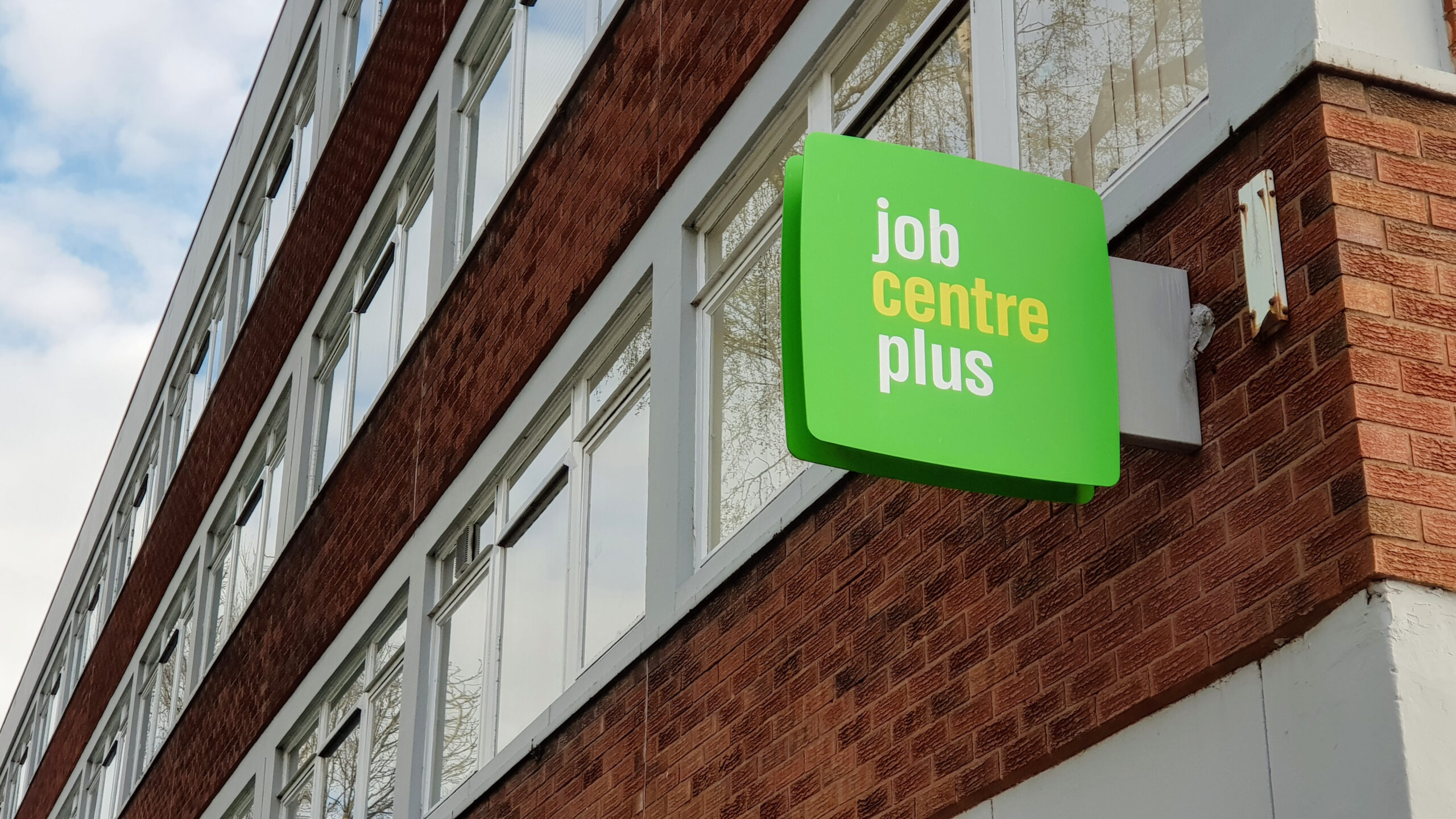
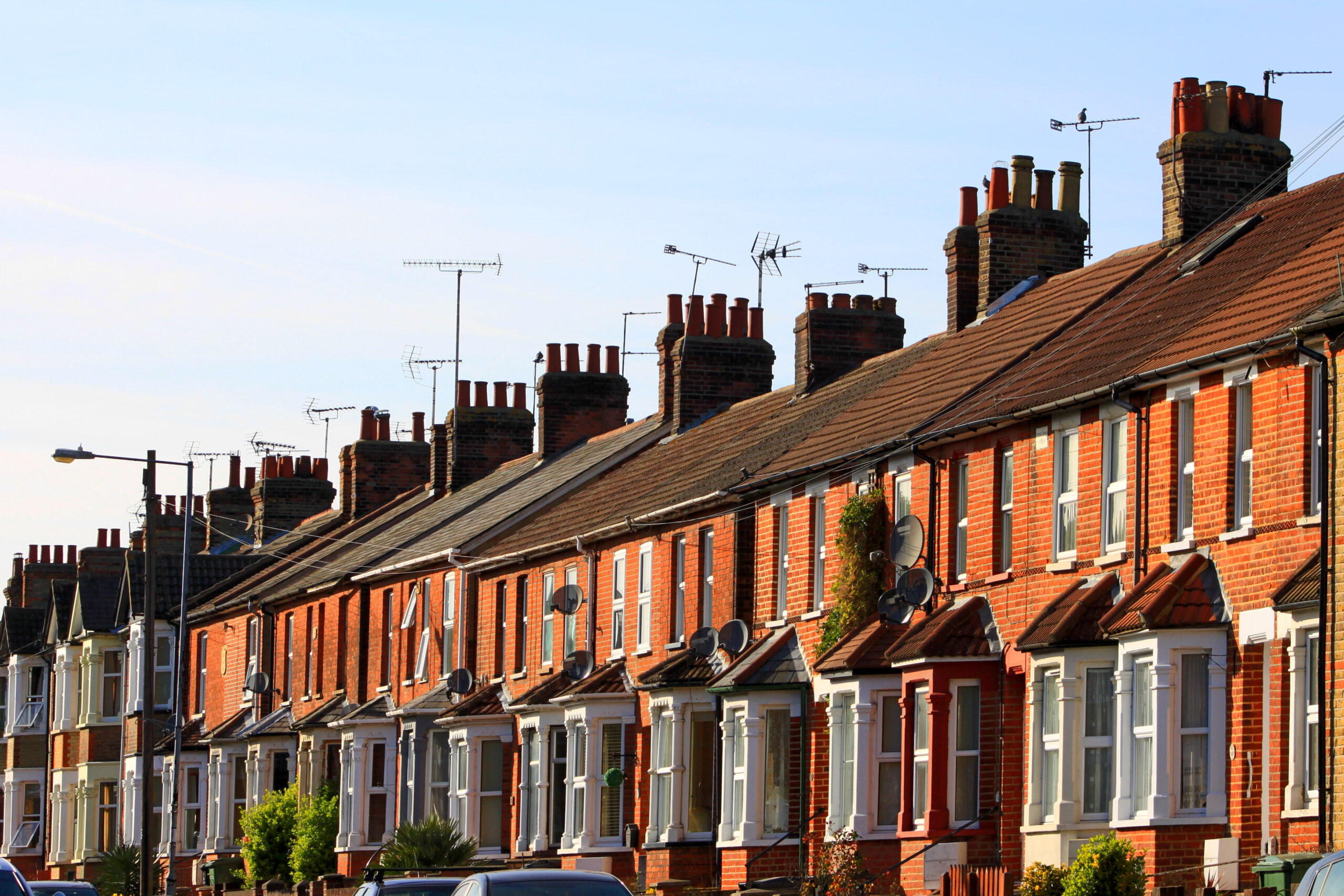






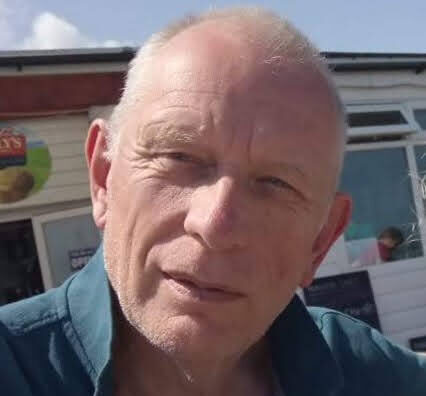
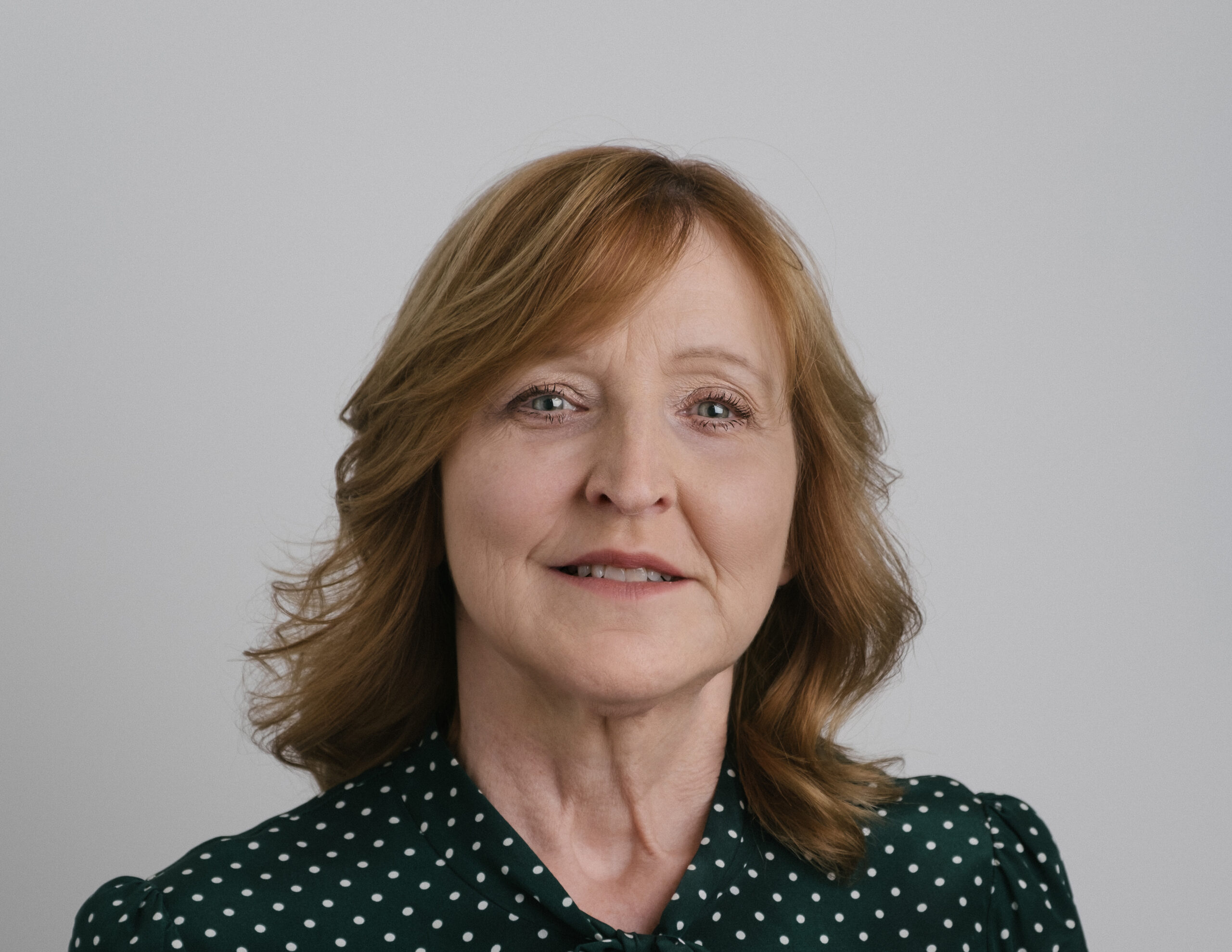








One Response
Interesting article – but for me not entirely balanced
Any owner – outright or shared – can get clobbered by increasing service charges and interest rates. It’s not exclusive to shared owners.
Over your 20 year career – hypothetically- what would you have rather had ? Paying ‘dead’ rent and no asset – or a commensurate rise in house prices on the value of your share ?
The point about rent is interesting. It’s a government product – they set maximum % rents and increases. Rent is paid on the bit you don’t own – because you live in the subsidised home.
As a home owner you have some security. You have an asset to trade at some stage if you don’t buy outright. Your alternative presumably is to privately rent – and get nothing back apart from lack of security.
The RP sector can do better in managing service charges, explaining the fine detail of the product in greater detail and highlighting pros and cons. They should also come together to establish a better way of dealing with resales and shared owners who need to ‘opt’ out.
I have no doubt there are shared owners who either were badly advised by lawyers, lenders or who didn’t fully understand what was being sold – and RPs shoujd hold their hands up. I’m sure there are shared owners who are stuck in one or two bed flats and they need to move – but the rigid system doesn’t allow them to. I’d say all that can be – and needs to be fixed.
But to say the s/o sector is the next housing crisis is a bit inflammatory in my humble opinion. I think you’d find it hard to find many shared who had bought a house ( not flat ) where there were no service charge issues or third party providers – who had difficulties.
Shared ownership is an opportunity – not a panacea – for some.